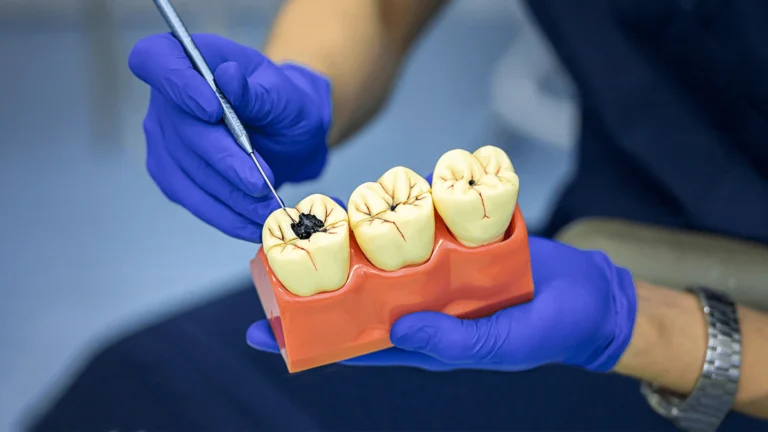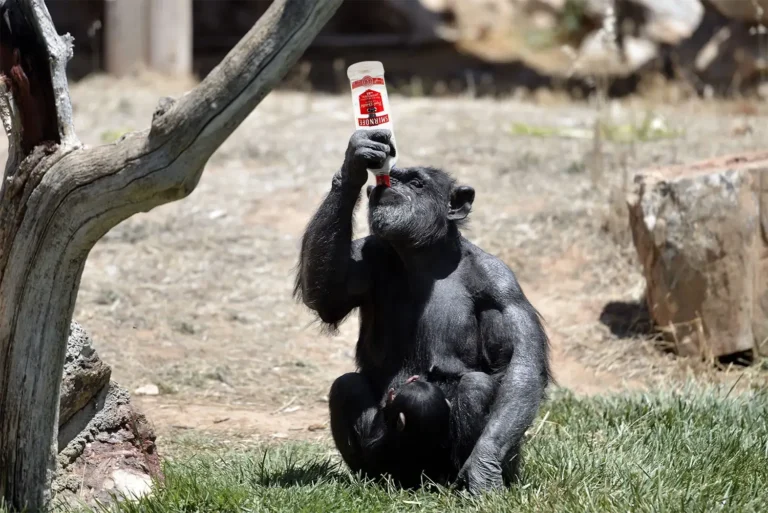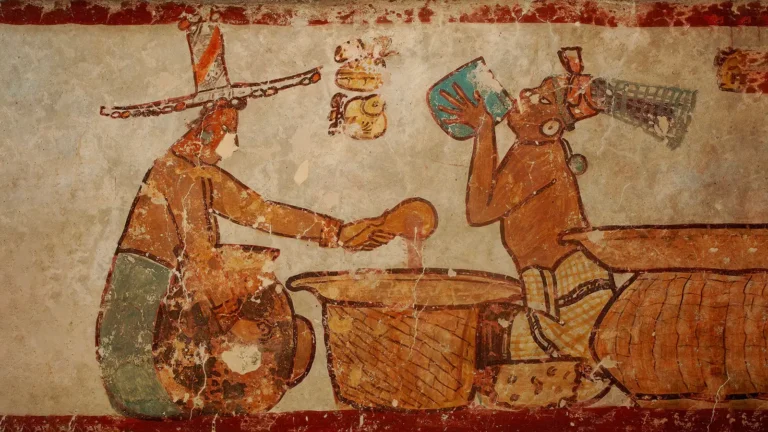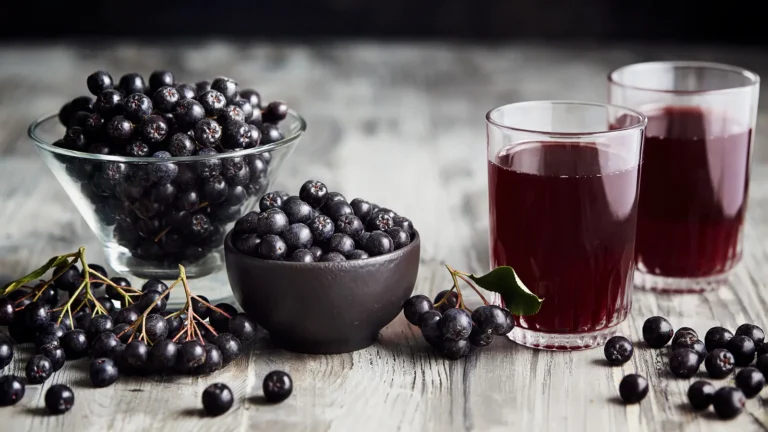Sobre nós
O objectivo da GoVeganWay é trazer até si, e ao seu médico, a mais recente investigação no campo da ciência nutricional. O objectivo da GoVeganWay é representar a investigação sobre saúde baseada em provas de uma forma fácil de compreender, para que todos possamos beneficiar da ciência disponível.
Anúncio
Anúncio
Anúncio
Os Peixes São Animais? Uma Perspetiva Cultural
Em algumas culturas, a carne de peixe não é considerada carne e o peixe é permitido mesmo durante o jejum.
Elixir Bucal Natural Caseiro: Comprovado, Mais Forte e Menos Tóxico
O elixir bucal natural caseiro é mais forte do que a clorexidina, menos tóxico e, se ingerido, pode provocar algumas náuseas, mas também tem um elevado valor ORAC.
Como Parar a Cárie Dentária: Sintomas, Causas e Prevenção
Consumo de açúcar é a principal causa de cáries e a cárie dentária, combinado com deficiência de minerais, especialmente o magnésio, o zinco, o cobre e elementos-traço.
Amla: Benefícios Comprovados, Nutrição e Significado Clínico
O amla é um dos antioxidantes mais poderosos do mundo, com uma pontuação ORAC de 261.530. É uma fonte rica de fitoquímicos que têm vários benefícios para a saúde.
Azul de Metileno: Usos Terapêuticos e Significado Clínico
Azul de metileno é um poderoso antioxidante sintético. Ele melhora a função mitocondrial e a capacidade de nossas células para produzir energia.
Benefícios da Chlorella: Planta B12, Ferro, Zinco e Desintoxicação
A Chlorella é uma fonte vegana de B12, ferro e zinco, tem fortes propriedades quelantes para metais pesados, reforça o sistema imunitário, reduz o colesterol e o risco de anemia.
Mensagens Aleatórias
Mais lidos - Todos os tempos
Carregar mais
Como Fazer Jejum: Alimentos em Jejum que Não Quebram a Autofagia
Autofagia. Já alguma vez se interrogou sobre o que acontece às células do seu corpo quando morrem ou se danificam? Será que se acumulam e criam problemas ou são eliminadas de alguma forma? A resposta é que o seu corpo...
Dentes Sensíveis a Doces e Dor: Solução Rápida e Duradoura
Uma solução rápida e fácil para o alívio da dor é o óleo essencial de cravinho, um poderoso antioxidante e analgésico que pode ajudar com doenças das gengivas e dores de dentes.
Feijão Verde: Benefícios Nutricionais e Para a Saúde
O feijão verde tem poucas calorias e é rico em compostos naturais que podem ajudá-lo a controlar o açúcar no sangue, a reduzir o colesterol e a combater os radicais livres.
Pode-se Comer Cogumelos Crus: Riscos Para a Saúde, Nutrição e Segurança
Os cogumelos têm toxinas sensíveis ao calor, como a hidrazina ou a agaritina, e paredes celulares feitas de quitina que não podem ser bem digeridas pelos seres humanos.
Os Peixes São Animais? Uma Perspetiva Cultural
Em algumas culturas, a carne de peixe não é considerada carne e o peixe é permitido mesmo durante o jejum.
Elixir Bucal Natural Caseiro: Comprovado, Mais Forte e Menos Tóxico
O elixir bucal natural caseiro é mais forte do que a clorexidina, menos tóxico e, se ingerido, pode provocar algumas náuseas, mas também tem um elevado valor ORAC.
Como Parar a Cárie Dentária: Sintomas, Causas e Prevenção
Consumo de açúcar é a principal causa de cáries e a cárie dentária, combinado com deficiência de minerais, especialmente o magnésio, o zinco, o cobre e elementos-traço.
Amla: Benefícios Comprovados, Nutrição e Significado Clínico
O amla é um dos antioxidantes mais poderosos do mundo, com uma pontuação ORAC de 261.530. É uma fonte rica de fitoquímicos que têm vários benefícios para a saúde.
Azul de Metileno: Usos Terapêuticos e Significado Clínico
Azul de metileno é um poderoso antioxidante sintético. Ele melhora a função mitocondrial e a capacidade de nossas células para produzir energia.
Benefícios da Chlorella: Planta B12, Ferro, Zinco e Desintoxicação
A Chlorella é uma fonte vegana de B12, ferro e zinco, tem fortes propriedades de quelação de metais pesados, potencial para baixar o colesterol, reduzir a anemia e reforçar o sistema imunitário.
Benefícios da Spirulina: Superalimento Rico em Ficocianina
A espirulina tem fortes propriedades antioxidantes, anticancerígenas, antivirais e imunomoduladoras, bem como a capacidade de combater a obesidade, a diabetes e o colesterol.
Dieta de Baixa Histamina e Intolerância à Histamina: Guia Completo
Uma forma de gerir a intolerância à histamina é seguir uma dieta pobre em histamina. Isto significa evitar alimentos ricos em histamina ou que possam desencadear a sua libertação.
- Publicações aleatórias -
Dieta de Baixa Histamina e Intolerância à Histamina: Guia Completo
Uma forma de gerir a intolerância à histamina é seguir uma dieta pobre em histamina. Isto significa evitar alimentos ricos em histamina ou que possam desencadear a sua libertação.
As Necessidades proteicas - uma verdade Inconveniente
Quando o antropólogo estudos mostraram que hominíneos viveu em média de 15 a 20 gramas de proteína por dia, havia um assim-chamado "uma proteína Grande fiasco" na década de 1970.
Açúcar Refinado: Compreender os Riscos
As crianças consomem cerca de um quinto do total de suas necessidades energéticas a partir de apenas o açúcar refinado. Se somarmos a gordura e o resto da nutrição privação de alimentos processados para a lista torna-se uma nutrição completa pesadelo.
Dieta De Alta Proteína Risco Para A Saúde Correlações
A escassez é a regra de proteína na natureza. Em termos evolutivos, os antropólogos têm comprovado que os hominíneos viveram uma média de 15 a 25 gramas de proteína por dia. O ocidental moderno tipo de proteína de alta dieta que iria consumir...
A água da torneira toxicidade - avaliação de Risco
Se vivemos numa cidade onde temos a certeza de que a água da torneira é pura, isso ainda não significa que a água seja “pura”.
Estímulos Supernormais- Transtorno da Compulsão Alimentar e Regulação do Apetite
Quando vemos um hambúrguer, são estímulos sobrenaturais. Os impulsos primordiais afetam nosso comportamento, forçando-nos ao transtorno da compulsão alimentar periódica.








































